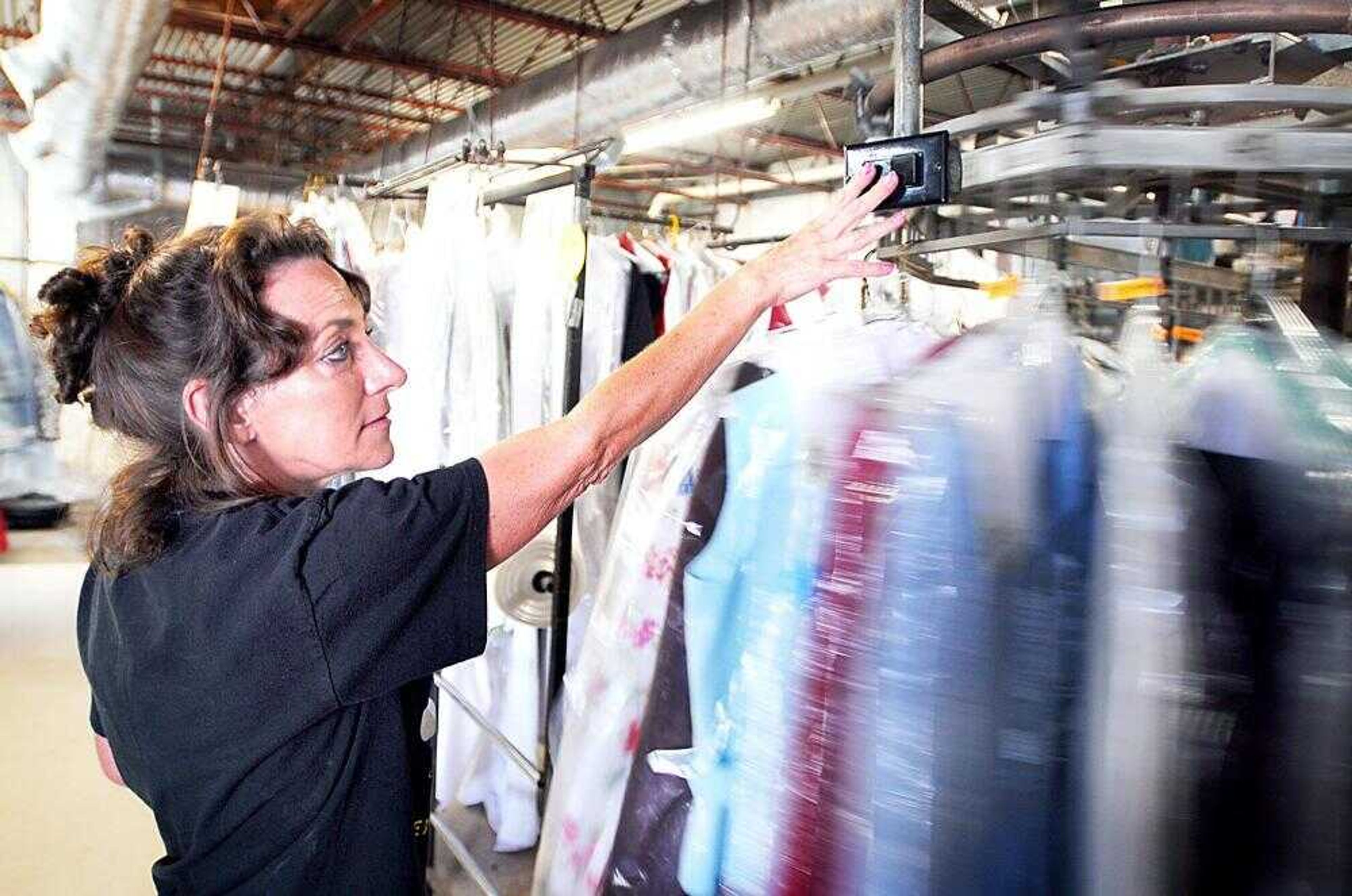The wage debate
Recent increases in the state and federal minimum wage have drawn praise and disdain from business leaders and advocacy groups. Those in favor of the increases said they will provide much needed funds to low-income families, while opponents said they will tighten the budgets of businesses and raise inflation...
Recent increases in the state and federal minimum wage have drawn praise and disdain from business leaders and advocacy groups.
Those in favor of the increases said they will provide much needed funds to low-income families, while opponents said they will tighten the budgets of businesses and raise inflation.
On May 25, President Bush signed a bill into law authorizing a series of three increases in the federal minimum wage.
Missouri's current law raised the minimum wage in the state to $6.50. It went into effect Jan. 1 after voters approved Proposition B in November.
Under Proposition B's "escalator clause," Missouri's minimum wage will be adjusted Jan. 1 each year to reflect the change in the Consumer Price Index, a measure of the cost of purchasing necessary goods made by the U.S. Department of Labor. The CPI has risen by about 3 percent per year over the past 20 years.
Missouri's minimum wage will become $7.50 per hour July 24, 2009, based on the federal law, if it hasn't risen higher by that date.
"It will be a boost for low-income workers and the economic gain by the workers will increase the tax base as well," said Jim Kottmeyer, an MBA who helped author the ballot proposal for the advocacy group Give Missourians a Raise.
Kottmeyer dismissed concerns over indexing voiced by Proposition B's critics. He said the increase Proposition B made mirrors what would have happened if the minimum wage had been tied to the CPI all along.
"The link to the CPI makes sure the minimum wage keep pace with the cost of living," Kottmeyer said. "The raise will help normal people keep up with the rising price of goods."
Kottmeyer said a large percentage of workers receiving the raise are single mothers. But opponents say the pay raise will reduce the number of workers receiving it.
John Mehner, CEO of the Cape Girardeau Chamber of Commerce, said several area businesses have reduced part-time positions or shifted money in their budgets due to the minimum-wage increase.
"The university and the city have been particularly affected," Mehner said. "It's had an effect on many small businesses, too."
Mehner said the chamber is "absolutely opposed to the escalator clause in Proposition B."
"Over a period of time, unless everyone around us does it, we're going to find ourselves way out of competition," he said.
He cited an article by former Federal Reserve chairman Alan Greenspan that opposed minimum-wage increases.
"Greenspan said all minimum-wage raises do is increase high school dropouts," Mehner said. "They look at the minimum wage they could make and say, 'That's not a bad idea.'"
Bill Vickery, director of Southeast Missouri State University's small business development center, said additional costs to the business owners from minimum-wage increases put pressure on their profit margins.
"If they can't pass the additional costs on to the consumer, there could be a loss of jobs," Vickery said. "Some studies have shown that leisure and hospitality industries will be hit the hardest because of their dependence on part-time workers that earn low wages."
State Rep. Nathan Cooper, R-Cape Girardeau, agreed.
"A raise in the minimum wage makes employers cut out low-wage positions," Cooper said. "I think indexing the minimum wage to the CPI is a horrible idea. I don't think the voters had access to a full discourse on the subject because people opposed to the measure largely sat on their hands."
Cooper said he would like to see more information provided to the public about the outcome of linking the state's minimum wage to the CPI. He said he doesn't want to legislate the issue because of the public's support of Proposition B, which passed with 76 percent of the vote.
Cooper said he would rather see the market economy dictate wages.
Advocates of the increase said letting the market set wages has created inequalities that the increase has addressed.
Laura Granich, director of the St. Louis chapter of Jobs with Justice, one of the lead lobby groups for the minimum-wage increase, said her research has shown an increase in job opportunities in other states, such as Oregon, that have raised the minimum wage and tied it to the CPI.
"We support workers earning a decent wage," Granich said. "We've seen more money spread to those who need it."
Granich said claims that minimum-wage increase contribute to inflation "just haven't borne out."
Granich said her office has set up a statewide hot line, (877) 644-0466, because of the number of complaints received about alleged minimum-wage violations. However, the Missouri Department of Labor Standards has not seen an increase in the number of violation claims, according to department director Allen Dillingham.
pwylie@semissourian.com
335-6611, extension 12
Connect with the Southeast Missourian Newsroom:
For corrections to this story or other insights for the editor, click here. To submit a letter to the editor, click here. To learn about the Southeast Missourian’s AI Policy, click here.









